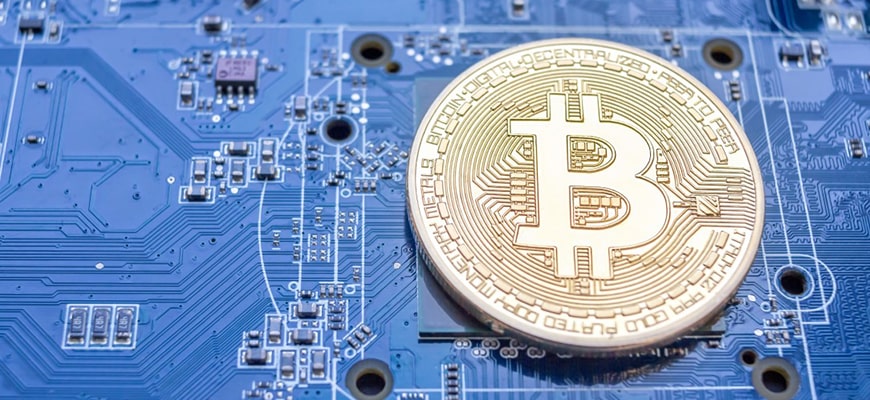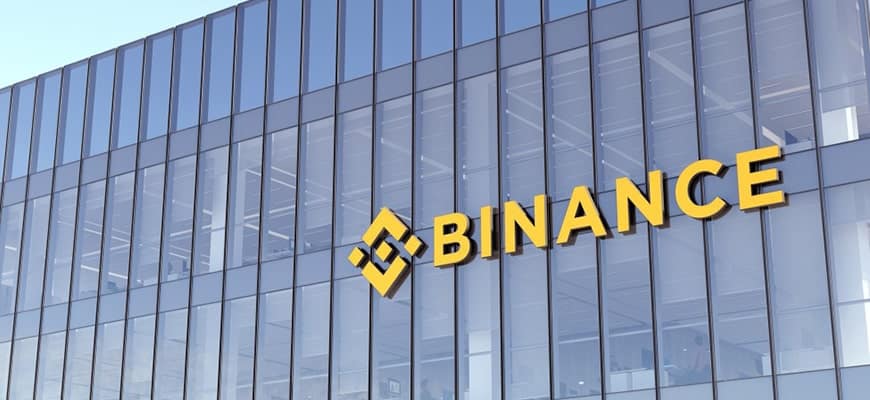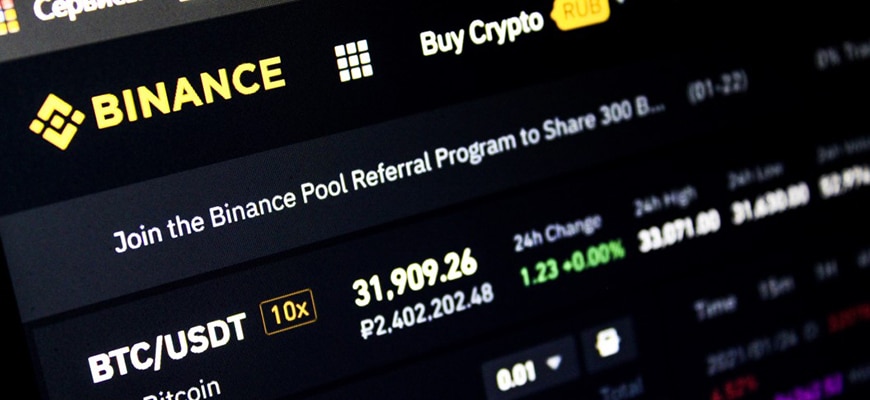DeFi is a trend that encourages alternatives to traditional, centralized forms of financial services.
What is DeFi?
Traditionally, almost all financial transactions involve some form of intermediary. In credit card payments, several parties are involved, including acquirers and banks. At various stages, the third parties have complete control over the details of the transaction – and have the ability to stop or reject it.
There is a large and growing range of players in the DeFi world. The largest applications are built on Ethereum, which allows decentralized software development. They use smart contract technology to minimize or completely eliminate the need for human or corporate gatekeepers.
According to many commentators, DeFi heralds the future of financial services, and there are big bets on DeFi startups. However, there have been several high-profile failures among DeFi players, and the field is still in its infancy.
DeFi should not be confused with embedded finance (sometimes known as invisible finance), which is a movement within traditional financial services and fintech aimed at increasing access to banking and payment technologies.








